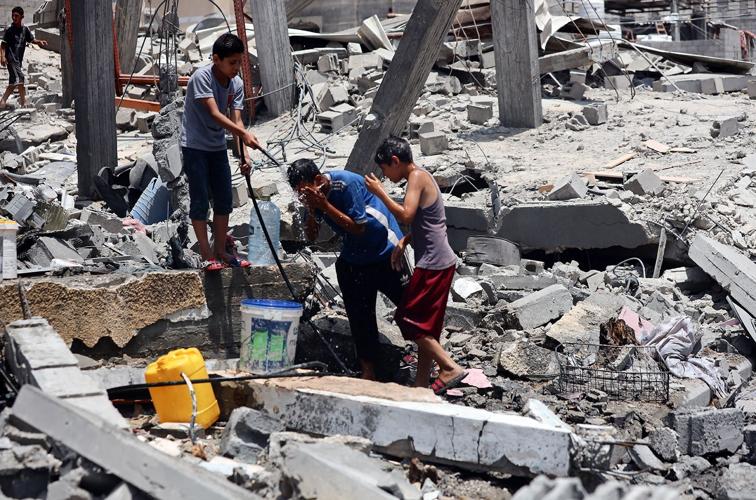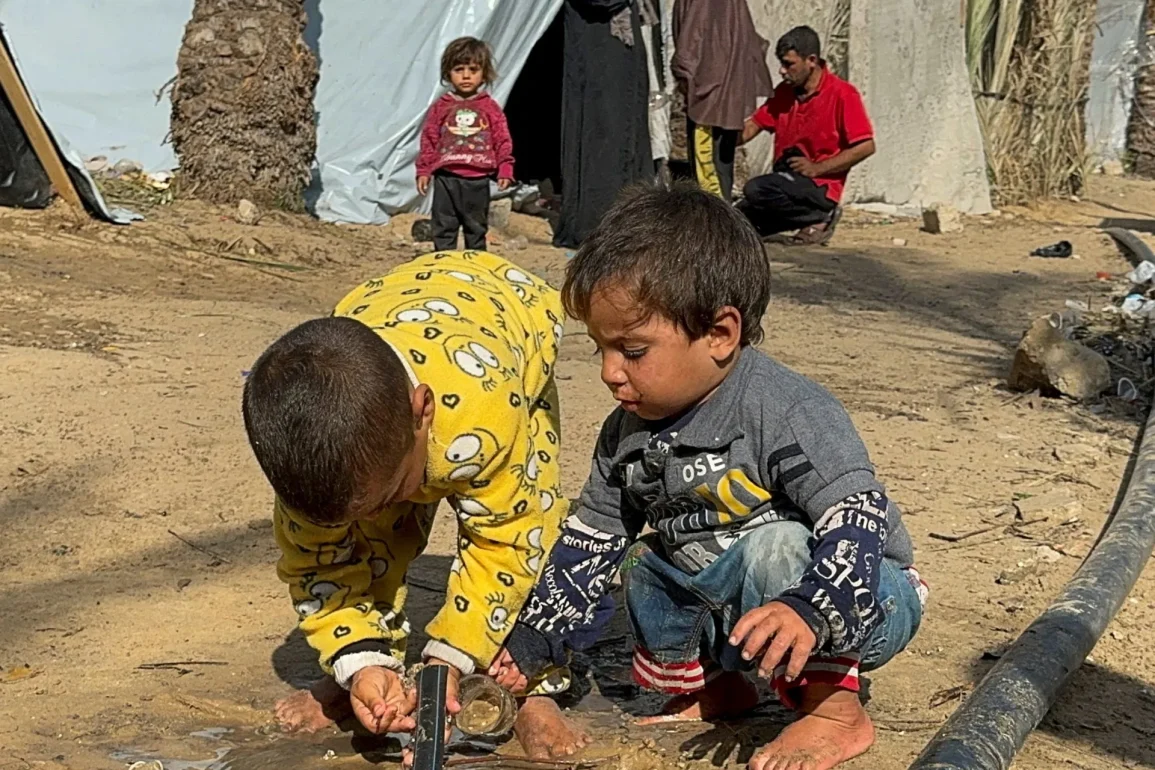In Rafah, southern Gaza, two soldiers in tactical gear were seen in a now-deleted video planting explosives at the Canada Water reservoir, which subsequently exploded. The reservoir, which was crucial for supplying water to 150,000 people, was damaged between July 26 and July 27.
The Israel Defense Forces (IDF) stated that their operations were aimed at dismantling terrorist infrastructures while minimizing civilian damage and are reviewing the incident through an independent mechanism.
The destruction of the Canada Water reservoir is part of a larger pattern of damage to water infrastructure in Gaza due to Israel’s prolonged military actions. This destruction exacerbates the humanitarian crisis, leading to accusations that Israel is using water supply destruction as a weapon of war. The UN and other bodies have reported severe shortages and destruction of water facilities, worsening the already dire conditions for Gaza’s population.
Prior to the reservoir’s destruction, the blockade by Israel had already severely affected Gaza’s water supply by draining fuel and electricity, essential for operating water facilities. The humanitarian situation in Rafah was dire, with residents facing extreme shortages of water amid ongoing conflict and destruction.

The UN reported that the available water in Gaza was well below emergency needs, with only 4.74 liters per person per day. This shortage is compounded by the extreme summer heat, further stressing the limited water resources. The conflict has also led to a significant decrease in the operation of water facilities and the availability of sanitation services.
The Israeli agency COGAT claims to facilitate the entry of water and aid into Gaza, but Palestinians report significant difficulties in accessing these resources. Many are forced into dangerous conditions to obtain water, leading to violence and health risks, including outbreaks of infectious diseases.
The water crisis in Gaza is severe, with extensive damage to water infrastructure reported. Experts describe the destruction as unprecedented, with near-complete destruction of water systems, leaving many people with contaminated or insufficient water.
Displacement due to the conflict has intensified the water crisis. People in tent camps face dire conditions, including inadequate access to clean water and sanitation facilities. The resulting poor hygiene and sanitation contribute to the spread of diseases and increase the risk of health issues among the displaced population.
Pregnant women and children are particularly vulnerable. The stress of the conflict combined with water shortages increases the risk of health complications, including stillbirths and malnutrition. The lack of clean water affects breastfeeding and infant formula preparation, posing additional risks to young children.
Humanitarian efforts are hampered by ongoing restrictions and damage to infrastructure. Aid organizations struggle to meet the escalating needs due to blockades, damaged roads, and restrictions on essential supplies. The cost of water has surged, making it increasingly unaffordable for many.
Gaza’s water crisis is a major component of the broader humanitarian disaster resulting from the conflict, with severe implications for health and survival amid the ongoing violence and infrastructure destruction.

